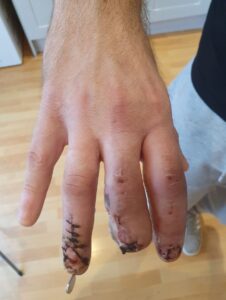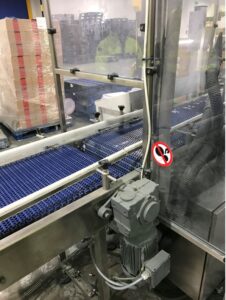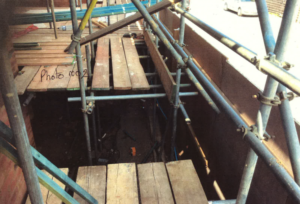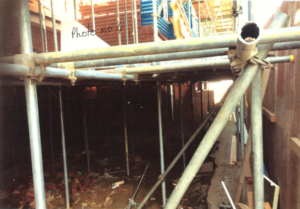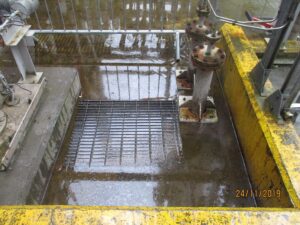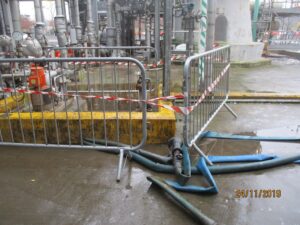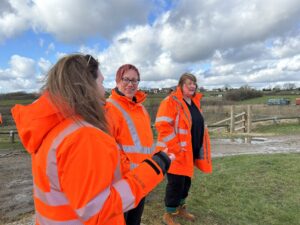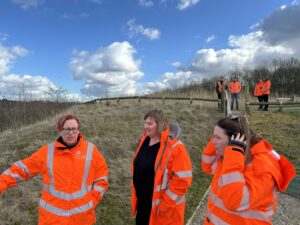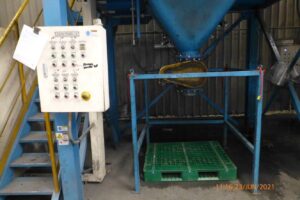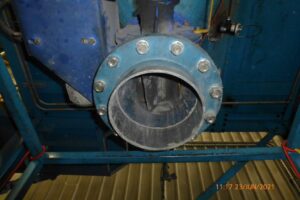Pork pie maker fined £800,000 after two workers lose fingers
A company that specialises in making pork pies has been fined £800,000 after two young workers lost fingers in incidents at two different Nottingham bakeries.
Pork Farms Ltd, which makes other savoury goods such as quiches, at several sites across England, was given the fine after both workers were injured just weeks apart at the end of 2022.
The first incident took place on 16 November when a 22-year-old worker had his hand trapped while trying to clear a blockage on a conveyor at the firm’s Tottle Bakery on Dunsil Drive. He had to have a finger amputated after his hand was trapped between a chain and sprocket on a conveyor at the site.
However, just weeks later, on Christmas Eve, Mahamad Hassan, who was just 19, suffered similar injuries at Pork Farms Limited’s Riverside Bakery. The teen also had a finger amputated as a result of coming into contact with a rotating shaft on a conveyor.
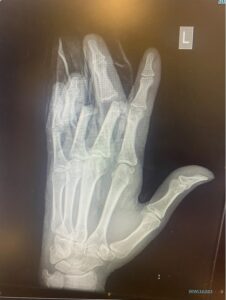
Nottingham Magistrates’ Court heard that the company had failed to ensure that the conveyors involved in both incidents were adequately guarded.
An investigation by the Health and Safety Executive (HSE) found that dangerous parts of both conveyors were accessible at the time of each incident. At the Tottle Bakery, an unsuitable interlock was used on a hinged guard over a chain conveyor system and an inadequate inspection and maintenance regime led to this interlock failing. The chain conveyor automatically moved as he tried to adjust the position of the chain following a blockage in the area.
At the Riverside Bakery, a section of the driveshaft of a lineshaft style conveyor was unguarded and spacing of the rollers was sufficient for a persons arm to pass through and reach the driveshaft below. Mr Hassan was injured when his arm went between the rollers and his gloved hand became entangled in the rotating driveshaft. In addition to physical guarding issues, there was no warning system to give notice that the conveyor was about to start working and emergency stop controls were not readily accessible.
Pork Farms Limited, of Queens Drive, Nottingham, pleaded guilty to breaching Sections 2(1) and 3(1) of the Health and Safety at Work etc. Act 1974. The company was fined £600,000 for the incident at the Tottle Bakery and £200,000 for the incident at the Riverside Bakery. The company was also ordered to pay costs of £6,482 at Nottingham Magistrates’ Court on 18 March 2024.
Speaking after the hearing, HSE inspector Tim Nicholson said: “Both of these incidents were completely preventable.
“They left two young men with injuries that they will carry with them for the rest of their lives.
“Companies shouldn’t overlook important machinery safety basics, including provision and maintenance of adequate guards and protection devices, to ensure that access to dangerous parts of machinery is prevented.
“Companies should be aware that HSE will not hesitate to take appropriate enforcement action against those that fall below the required standards.”
Notes to Editors:
- The Health and Safety Executive (HSE) is Britain’s national regulator for workplace health and safety. We prevent work-related death, injury and ill health through regulatory actions that range from influencing behaviours across whole industry sectors through to targeted interventions on individual businesses. These activities are supported by globally recognised scientific expertise.
- More information about the legislation referred to in this case is available.
- Further details on the latest HSE news releases is available.
- Guidance on working safely with machinery is available.

